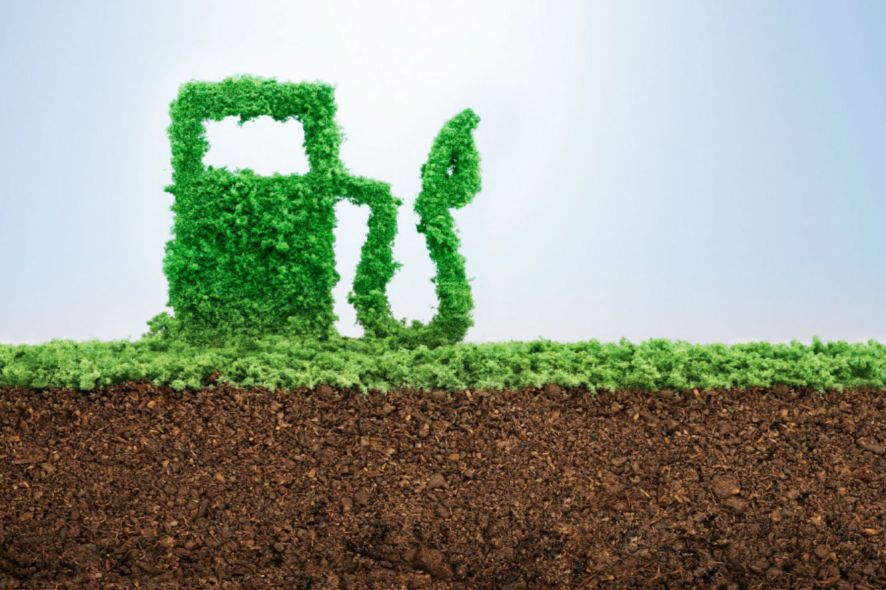Government launches SATAT initiative to promote Compressed Bio-Gas production
Ministry of Petroleum & Natural Gas has launched Sustainable Alternative Towards Affordable Transportation (SATAT) aimed at providing sustainable alternative towards affordable transportation. The initiative was launched with PSU Oil Marketing Companies (OMCs i.e. IOC, BPCL and HPCL).
SATAT Initiative
The SATAT initiative has potential to boost availability of more affordable transport fuels, better use of agricultural residue, cattle dung and municipal solid waste, as well as provide additional revenue source to farmers. It will also benefit vehicle-users as well as farmers and entrepreneurs. Under it, Expression of Interest (EoI) have been invited from potential entrepreneurs to set up Compressed Bio-Gas (CBG) production plants and make available biogas in market for use in automotive fuels.
Benefits
It will boost availability of more affordable transport fuels and enable better use of agricultural residue, cattle dung and municipal solid waste. It will pave way for efficient municipal solid waste management and help in tackling problem of polluted urban air due to farm stubble-burning and carbon emissions.
It will boost entrepreneurship, rural economy and employment and provide additional source of revenue to farmers. It will also help achieve nation’s climate change goals and bring down dependency on natural gas and crude oil imports and act as a buffer against crude oil and gas price fluctuations.
It will also help to integrated CBS networks with city gas distribution (CGD) networks to boost supplies to domestic and retail users in existing and upcoming markets. Besides retailing from OMC fuel stations, CBS can at later date be injected into CGD pipelines too for efficient distribution and optimised access of cleaner and more affordable fuel.
Background
Bio-gas is produced naturally through process of anaerobic decomposition from waste and bio-mass sources like agriculture residue, cattle dung, municipal solid waste, sugarcane press mud, sewage treatment plant (STP) waste, etc. It is called CBG after biogas is purified and compressed, which has pure methane content of over 95%. CBG is exactly similar to commercially available natural gas in its composition and energy potential. It has calorific value (~52,000 KJ/kg) and other properties are similar to CNG. CBG can be used as alternative, renewable automotive fuel. It has potential to replace CNG in automotive, industrial and commercial uses in the coming years, given the abundance of biomass in the country. Advantages of converting agricultural residue, cattle dung and municipal solid waste into CBG on commercial scale are
- It results in responsible waste management, reduction in carbon emissions and pollution.
- It generates additional revenue source for farmers.
- It boosts entrepreneurship, rural economy and employment.
- It supports national commitments in achieving climate change goals
- It also helps in reduction in import of natural gas and crude oil.
- It also serves as buffer against crude oil and gas price fluctuations.
Month: Current Affairs - October, 2018


